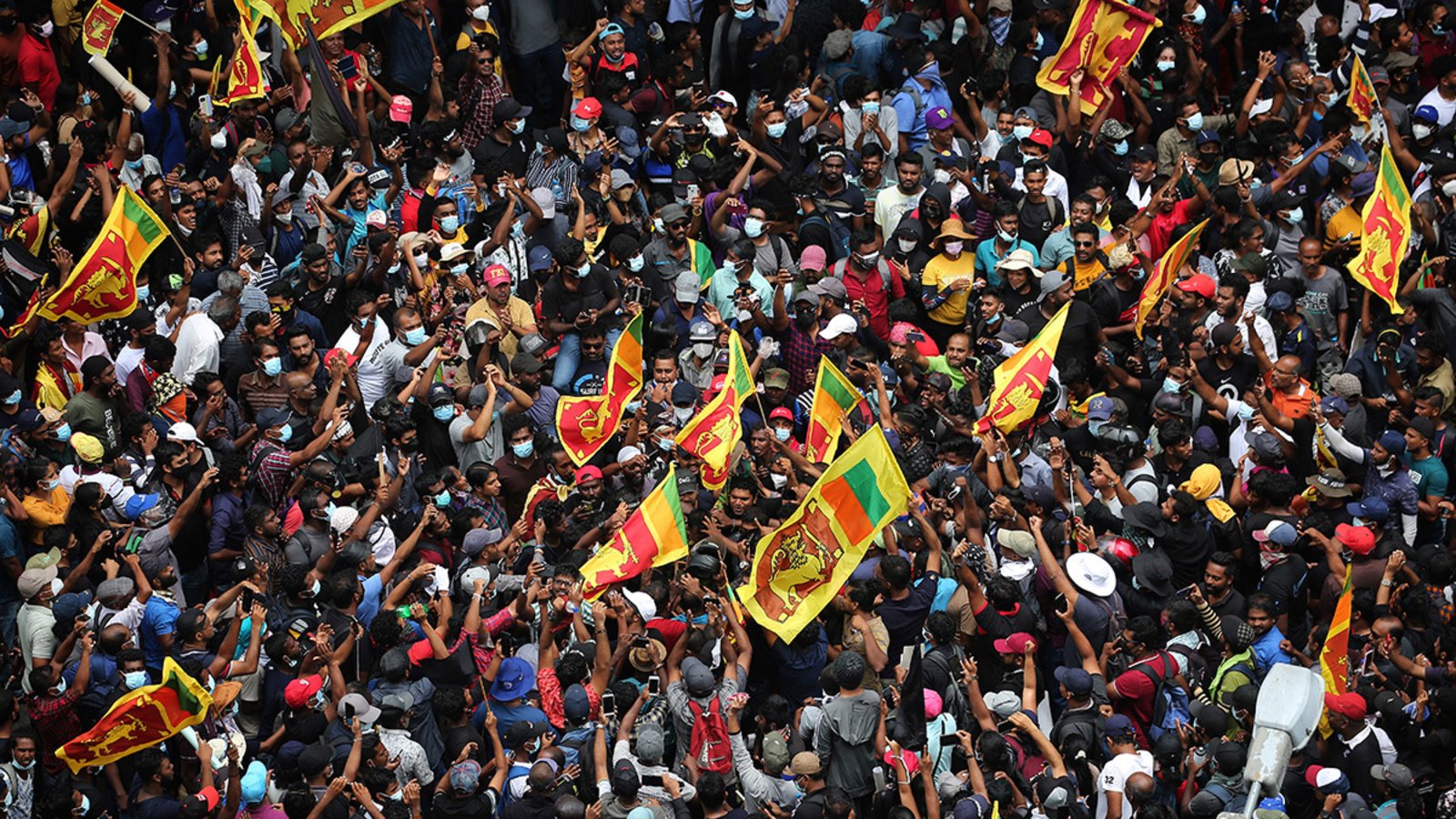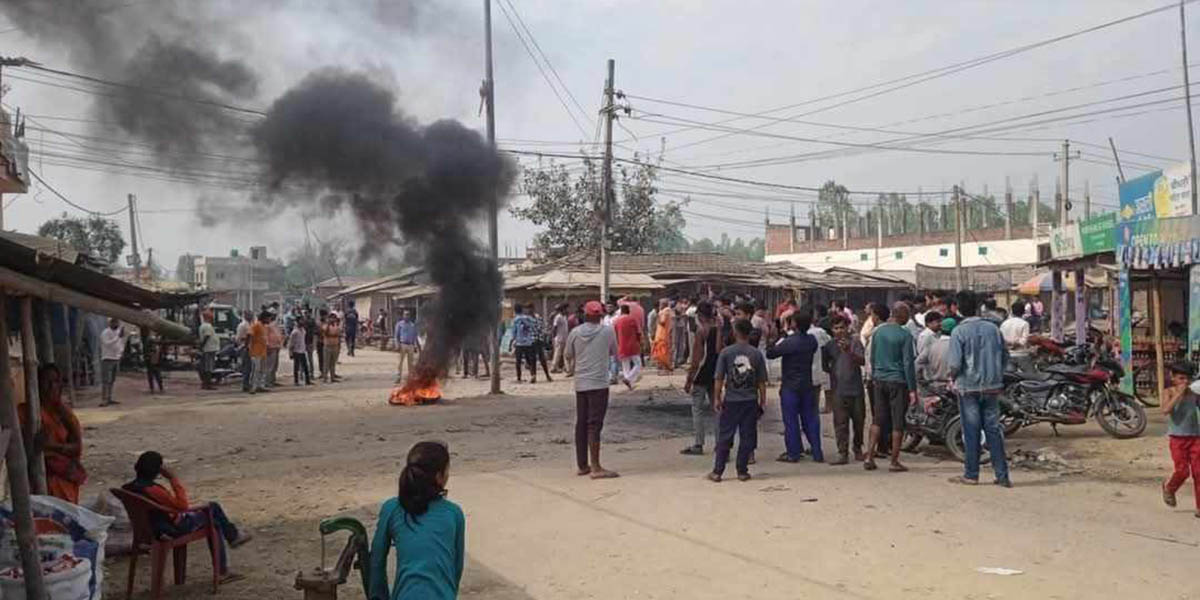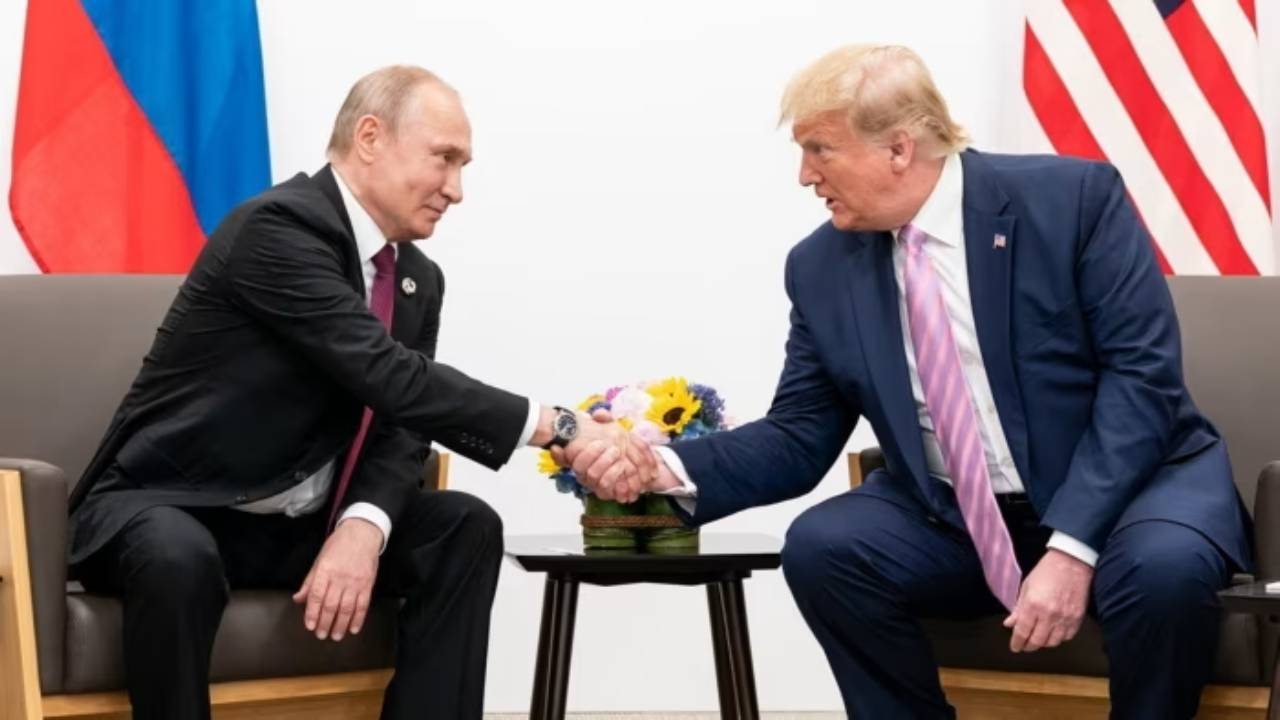Corruption, Debt and the Crisis of Global Capitalism

The cases of Sri Lanka and Africa illustrate a changing perception of economic relations.
The pattern is becoming too obvious for the comfort of policymakers in Washington, DC. They must be aware of it, but they simply cannot change their habits. This is partly due to the fact that they count on the legacy media in the US to keep every story framed in the way they prefer. But readers across the globe have begun to catch on.
What is the pattern I’m referring to? Quite simply the systematic accusation of crimes committed by rival nations, which may be real enough, but rarely rise to the dimension and magnitude of the same crimes perpetrated by the US. The most obvious example was encapsulated in George W Bush’s gaffe earlier this year when, intending to denounce Vladimir Putin’s invasion of Ukraine, he vilified “the decision of one man to launch a wholly unjustified and brutal invasion” of a country he inadvertently but accurately called Iraq.
Then there’s the eternal question of corruption. The US prides itself on its standards of transparency that make corruption unthinkable in politics. At the same time, it routinely denounces the very real and often manifest corruption of nations in the Middle East and elsewhere.
For at least the past century the average American believed this to be true. After all, the nation’s laws had made it practically impossible to engage in the simple quid pro quos commonly practiced in many parts of the world. Things have changed. According to a 2021 Pew survey, 67% of Americans think that “most politicians” are corrupt. Serious studies have demonstrated that the entire political system – supposedly of, by and for the people – has become one of oligarchic control. That number has probably risen in the past year as stories concerning Donald Trump, Nancy Pelosi and Hunter Biden have highlighted the incredible sums of money that end up in the hands and bank accounts of politicians and their families.
At a moment of history, the fear that rogue states, such as Iran, may possess and use nuclear weapons has never been more real. But that fear, a matter of vague speculation, pales in relation to a very real risk of nuclear annihilation provoked by the current situation in Ukraine, pitting the US against Russia. When US President Joe Biden commits to supporting the war “as long as it takes,” the occasions for a nuclear “accident” will only multiply. The US is after all the only nation ever to have used nuclear weapons. And on that occasion, the target was almost exclusively civilian populations.
Ever since the beginning of China’s proclaimed Belt and Road Initiative, Western analysts have denounced a practice they see as threatening to compromise the sovereignty of nations in need of external assistance. Andrew Backhouse writing for the Australian news site, new.com.au sums up the Western complaint. “Critics argue China is involved in ‘debt trap diplomacy’, alleging the country issues loans in order to eventually secure strategic international assets.” But the art of pushing nations into a debt trap has been fundamental to US foreign policy at least since the end of World War II. The World Bank and the International Monetary Fund (IMF) have been systematically used to that end, not necessarily through direct manipulation, but through the imposition of ideological constraints.
Today’s Weekly Devil’s Dictionary definition:
Debt trap diplomacy:
The essential win-lose strategy – presenting initially as win-win — employed by those who know their superior power and resources will ensure domination over the long term
Contextual note
Washington Post columnist Ishaan Tharoor in July accused China of having “a hand in Sri Lanka’s economic calamity.” He pointed out that in 2020 Sri Lanka “received a line of $3 billion in easy credit from China to help in the repayment of its existing debts.” This choice was made “rather than taking the more painful steps of restructuring its debts in dialogue with the IMF and pushing through austerity measures to appease the Paris Club.” In other words, Sri Lanka broke ranks with the hallowed tradition of relying on Western management of struggling economies. The system was built to systematically favor the interests of Western investors, to the detriment of populations condemned to hoping some day to benefit from the vaunted liberal model of trickle-down economics. In reality, it is a system of “trickle out” to transnational corporations.
11 Month Ago
Robbers Loot Jewelry Shop in Mahottari; Traders Sh..
11 Month Ago
Trump and Putin to Discuss Ukraine on Tuesday
YOU MAY ALSO LIKE THIS
Top Free AI Websites in 2025 and Their Key Features
Artificial Intelligence continues to revolutionize how we work, create, and communicate, and 2025 offers an impressive array of fr..
3 Month Ago
2025 Global Entertainment Industry Sees Rising Streaming Subscriptions..
The global entertainment industry in 2025 continues to evolve rapidly with streaming platforms leading the way in reaching new aud..
3 Month Ago
Global Carbon Emissions Hit Record High in 2025 Despite Climate Effort..
In 2025, global carbon dioxide emissions from fossil fuels reached a record high, increasing by 1.1% compared to the previous year..
3 Month Ago

_1763308546.png)
 (1)_1763140461.png)
_1763140142.png)

